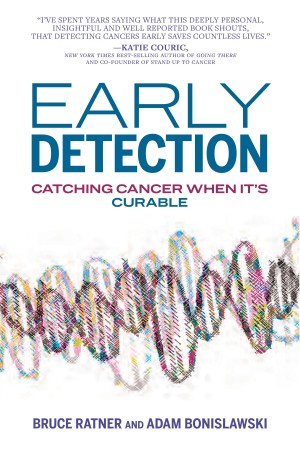We are amidst an opioid epidemic. The greatest problem, ironically, with opioid (and other psychoactive) drugs is that they are so immediately effective in relieving human physical and psychic pain. They also can deliver surcease from a hard life with few prospects as well as, for others, transport them from the miseries and ennui that everyday life can produce. People who use drugs do so to meet specific needs. These substances serve their needs, usually the best solution they have so far, until they don’t (when dependence sets in). Addiction is a chronic, relapsing brain disease fostered and amplified by psychological and social forces, yet these biological and behavioral drivers have not had center stage in considering how to reduce drug use, deaths and the illegal sale of substances.
We have specific, evidence-based solutions for the prevention and treatment of drug use, including cognitive therapies, exercise and other mind-body interventions, medications, 12-Step programs and community-based support services. These are what families and communities need, and I describe how they can succeed.




